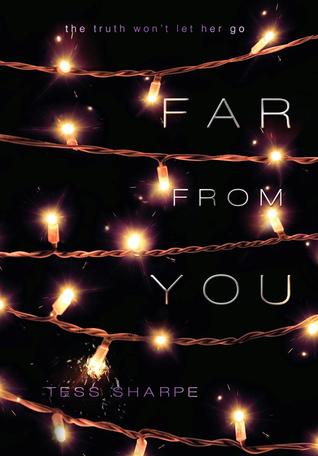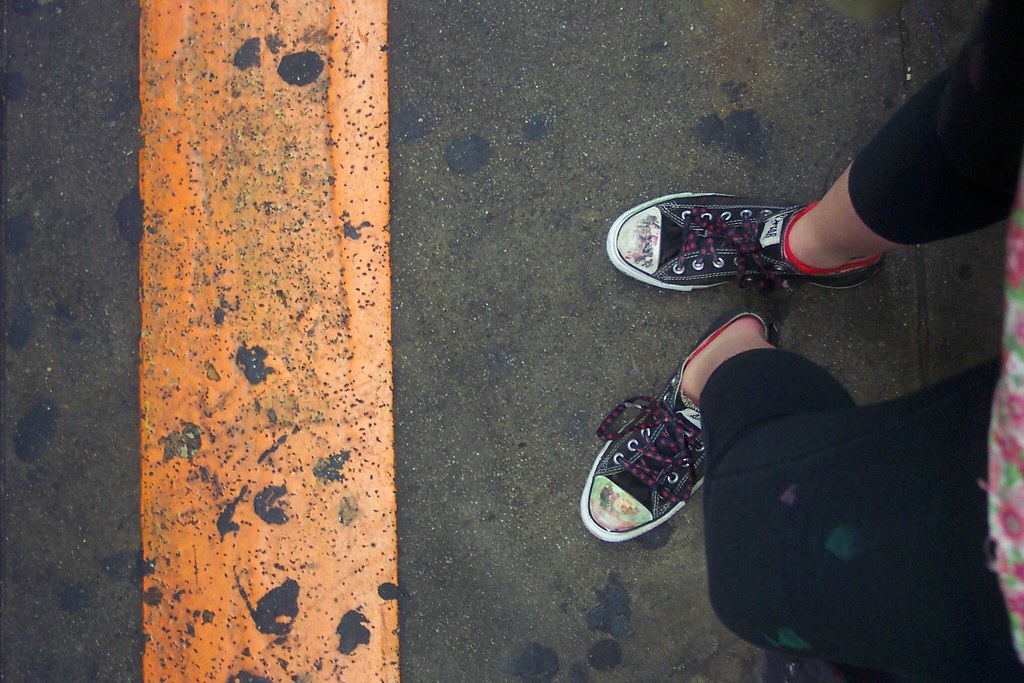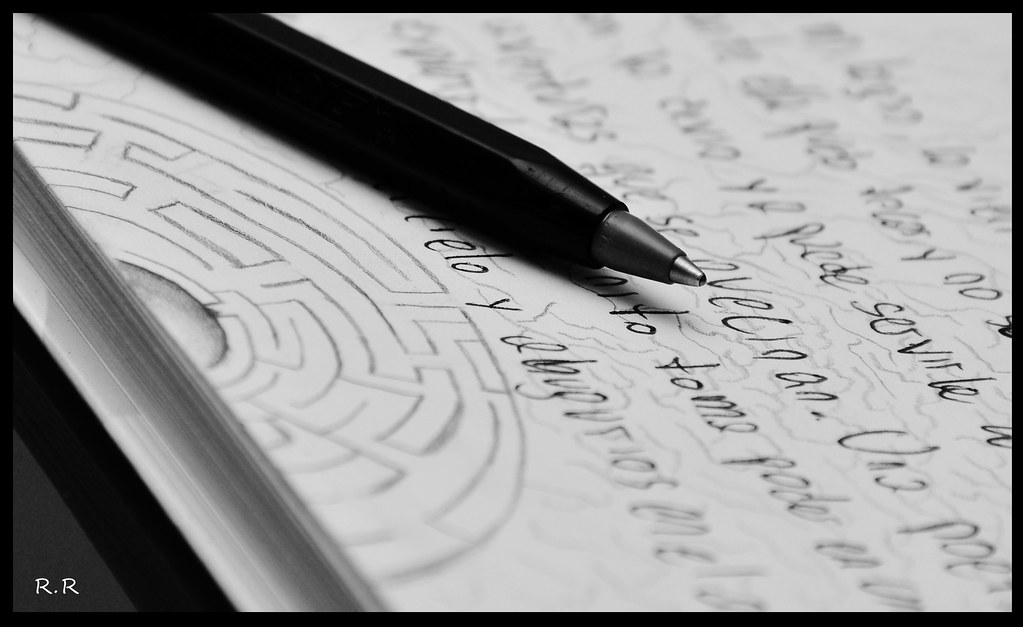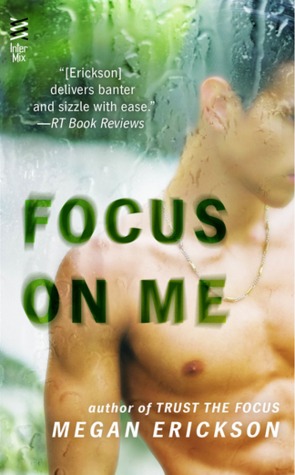 |
| Photo credit: Nicola since 1972 on Flickr |
What is it?
YA Contemporary novels are what is often described as “Realistic Fiction.” Except for young adults—that is, teens. These feature a world, that for all intents and purposes, is our own and usually takes place in the present, but occasionally jumps back a decade or two (but not much more than that.) There is often (but not always) some kind of romantic subplot, and sometimes (though again, not always) they are what are known as “issue books.”
The main tenant, however, is teenagers dealing with something in our world.
Pros/Cons of Writing YA Contemporary:
Pros:
Cons:
The main tenant, however, is teenagers dealing with something in our world.
Pros/Cons of Writing YA Contemporary:
Pros:
- Popular at the moment. After the explosion known as The Fault in Our Stars, YA Contemporary got a hugenormous boost, which has not only lead to a boost of new YA Contemporary novels, but also of many more YA Contemporary movie deals, which personally I think is pretty darn awesome. So right now, YA Contemporary novels are selling really well, which is fabulous, but also has a down side which I’ll get to below.
- Very good for diving into difficult topics. If you’re a contemporary-minded writer who’d really like to dive into a difficult topic that feels important to you, YA Contemporary is a great place to do it. Not only are those kinds of books actually selling rather well, but it also allows you to create books that could be cathartic for teens who have experienced whatever you’re writing about, or a great point of discussion for those ready to learn more.
- Will probably never go completely out of style. While I do think the genre is on the verge of slowing down a bit (more on that below), I kind of tend to think that books about life and reality will never completely go away. This is an opinion, of course, and I could be totally wrong, but contemporary novels have been around forever and I don’t think they’re going anywhere.
- Opportunity to explore teen life as it actually is today. Teen lives are rich and interesting and wonderful and painful and everything in between. And if exploring that in our world is your bread and butter, this is the genre for you.
Cons:
- Popular at the moment. Right, so, downside of writing in a genre that is currently popular is chances are very likely you’ve already missed the wave. It also means there are still a lot of people trying to sell their YA Contemporaries in a very crowded market, but…I mean, the rest of YA is equally crowded. So.
Recommended Reading:
I’ll keep saying this forever and ever: you must read the genre you write in. It is vital—vital—to understand what else is being published, what’s selling well, what’s not, what’s been done, what works, what doesn’t. And the only way you learn this is by reading what’s being published now.
Note: I’ve either read, want to read, or have heard amazing things about the books listed below.
- Simon vs. the Homo Sapiens Agenda by Becky Albertalli
- I’ll Give You the Sun by Jandy Nelson
- Made You Up by Francesca Zappia
- None of the Above by I.W. Gregorio
- Not Otherwise Specified by Hannah Moskowitz
- Under the Lights by Dahlia Adler
- Fangirl and Eleanor & Park by Rainbow Rowell
- The Five Stages of Andrew Brawley by Shaun David Hutchinson
- Written in the Stars by Aisha Saeed
- The Perks of Being a Wallflower by Stephen Chbosky
- The Fault in Our Stars by John Green
Helpful Links:
- YA Common Clichés series: YA Romance by S.E. Sinkhorn on Maybe Genius
- Genre Questions: What is Contemporary Young Adult Fiction? by Stephanie Morrill on Go Teen Writers
- Realistic YA Fiction Is Here to Stay (Then Again, It Never Went Away) by Parnassus Books on musing
Do you enjoy reading or writing YA Contemporary? Share your experience!
Twitter-sized bites:
Thinking about writing YA Contemporary? Writer @Ava_Jae shares some tips, recommendations and more. (Click to tweet)
Do you write YA Contemporary novels? Share your experience at @Ava_Jae’s So You Want to Write series. (Click to tweet)


























